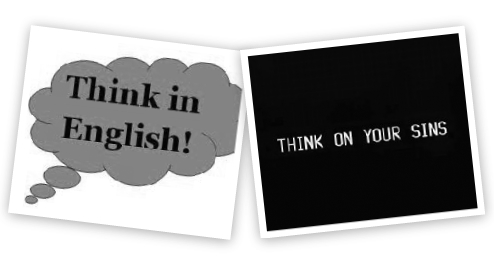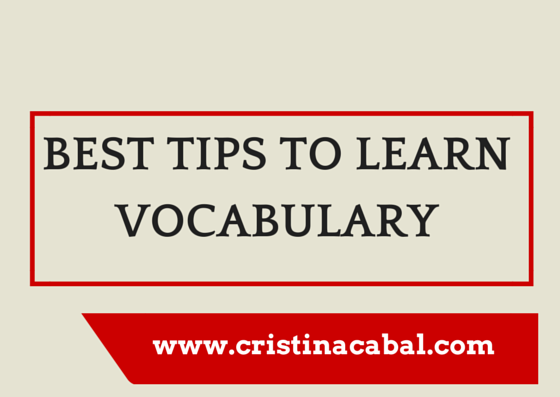If you must ask, yes, it’s still raining in Asturias; raining and freezing cold but…I have to say that this is unusual weather for this time of the year. So, if you are considering holidaying in this part of the world, don’t cross it off just yet; the weather must definitely improve this week ( it can’t get any worse).
say that this is unusual weather for this time of the year. So, if you are considering holidaying in this part of the world, don’t cross it off just yet; the weather must definitely improve this week ( it can’t get any worse).
The idea for this post came while dozing off on the sofa watching the new (probably not so new now for some of you) James Bong film SkyFall. I suddenly came wide awake when, in the film, M’s computer is hacked and a THINK ON YOUR SINS is displayed on her computer. This single preposition got me thinking … how, in the name of God, are my students supposed to learn English prepositions? Thus, I decided to write this post, about the tricky English prepositions.

♥Think Of/ About. Most of the times you can use both when talking about people. So: I’m thinking of you and I am thinking about you mean pretty much the same.
But
-Think about. You use think about with the meaning “consider”:
I need to think about this problem
–Think of. You use think of with two meanings.
- when you are “asking somebody’s opinion”.
What do you think of my sister’s boyfriend?
2. Or with the meaning “to imagine”
It is hot! I am thinking of lying on the beach, eating a big ice-cream.
I also very often use the expression, Come to think of it…

On the other hand, both Think On and Think In are less used.
♥Think On is a bit archaic, and it is much closer to the meaning of think about
Think on your sins
♥Think in is very easy to differentiate as it is only used with the verb to speak
Do you think in Spanish when you speak in English?
I hope it is helpful! Now if you want to relax after this boring explanation, enjoy the soundtrack of this film, performed by the great Adele.


 say that this is unusual weather for this time of the year. So, if you are considering holidaying in this part of the world, don’t cross it off just yet; the weather must definitely improve this week ( it can’t get any worse).
say that this is unusual weather for this time of the year. So, if you are considering holidaying in this part of the world, don’t cross it off just yet; the weather must definitely improve this week ( it can’t get any worse).

 a written test – I have tried this little trick plenty of times, especially when trying to learn long lists of irregular verbs, but when your target is learning to speak a language, trust me , this little trick won’t work.
a written test – I have tried this little trick plenty of times, especially when trying to learn long lists of irregular verbs, but when your target is learning to speak a language, trust me , this little trick won’t work.